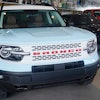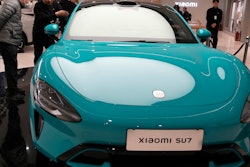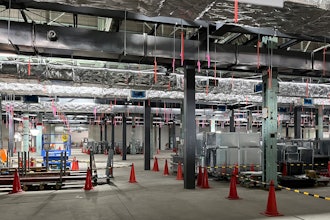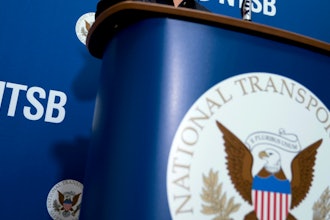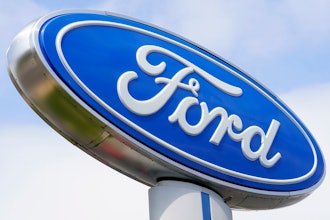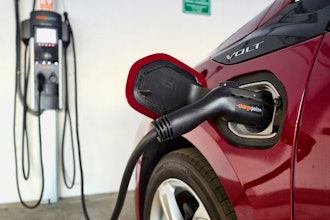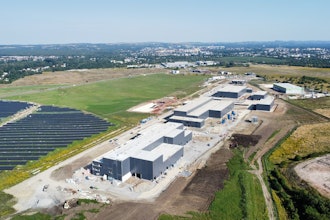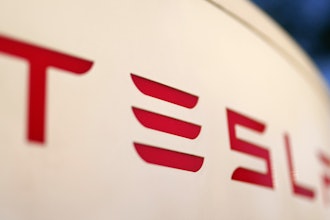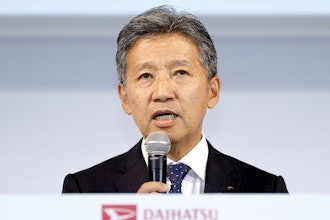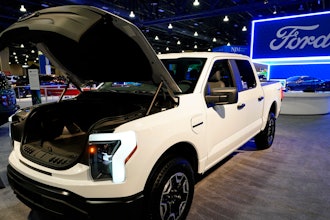KUALA LUMPUR, Malaysia (AP) -- Auto sales in Malaysia rose 4.5 percent to a record high in 2013, but are expected to slow this year as a rising cost of living curbs consumer spending, an industry group said Wednesday.
Sales totaled almost 656,000 vehicles in 2013, buoyed by a robust economy, launches of new car models and a slight reduction in prices, said the Malaysian Automotive Association. This year, the association forecast growth to slow to 2.2 percent to reach 670,000 vehicles.
"Sales last year was above average. This year, we are giving a more realistic forecast because of increases in prices of goods and services. Consumers are tightening their belts and many are likely to downsize in terms of car purchase," said association president Aishah Ahmad.
Inflation increased after the government cut subsidies for petrol and sugar last year as part of fiscal reforms, while electricity tariffs were raised in January for the first time in two years. The inflation rate was 2.9 percent in November, up from 1.9 percent in August.
The association, which groups some 40 car manufacturers and distributors, said a new auto policy unveiled by the government on Monday was a step forward in liberalizing the industry.
The new policy relaxes curbs on the production of small, energy-efficient cars as Malaysia vies for investment with neighboring rivals Thailand and Indonesia.
New manufacturing licenses will be issued for carmakers producing green vehicles, reflecting a significant shift in policy as the government previously only issued new licenses for vehicles with engine size of 1.8 liters and above to protect national car makers.
Aishah said the measures would not bring any immediate impact to the auto industry but could fuel new investment. She said Japanese carmaker Honda, for instance, is expanding its production in Malaysia and making the country its center for production of hybrid cars.
Thailand remained the top car producer in Southeast Asia last year with 2.3 million vehicles. Indonesia churned out 1.2 million while Malaysia's output was only 601,407 vehicles.
Thailand has liberalized its industry at a faster pace and touted itself as the "Detroit of the East", with a strong supporting industry for auto parts. Indonesia, with its huge population of more than 240 million, is an attractive base for automakers.
Malaysia hopes its new policy will boost production to 1.25 million vehicles and exports to 250,000 vehicles by 2020.
Malaysian compact car maker Perodua maintained its local leadership in 2013 with a 30 percent market share, the association said. National carmaker Proton's market share slid to 21 percent from nearly 23 percent in 2012.
Once the king of the road, Proton has seen its market shares dwindle due to greater competition and could face further pressure as the sector opens up.
Japanese carmakers dominated the foreign car segment, with Toyota securing a 14 percent share. Nissan and Honda had 8 percent each.
